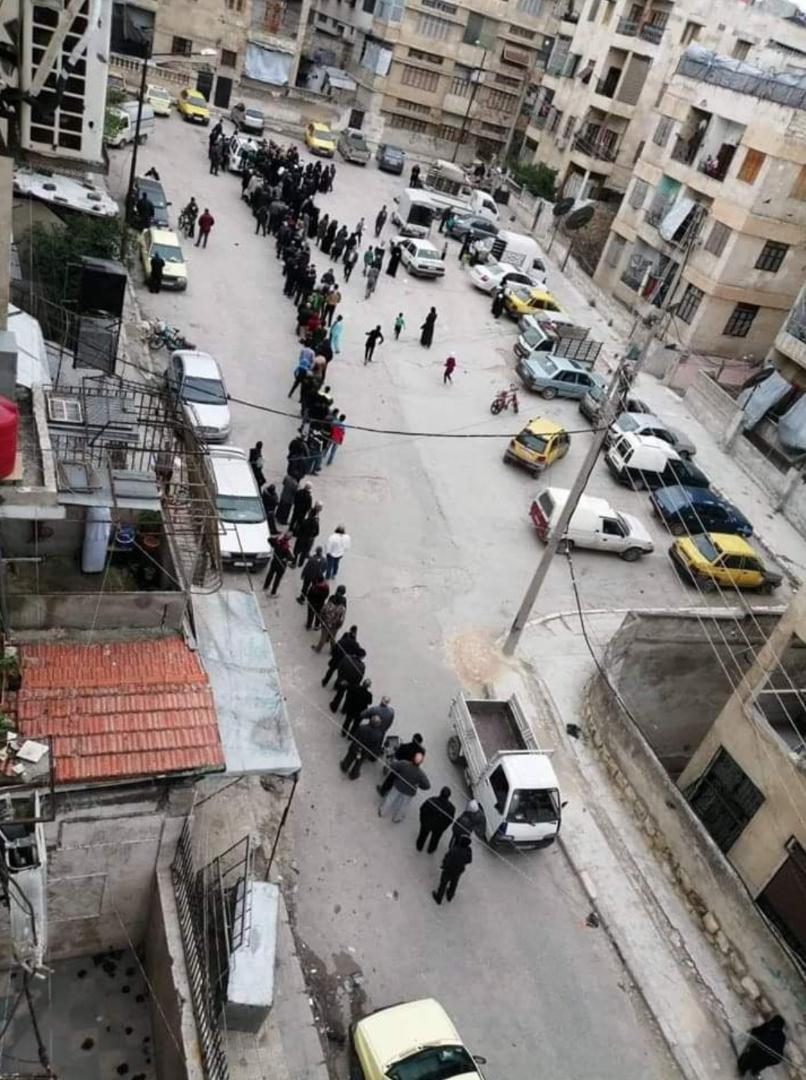
Lebanon: the crisis, the protests and the covid lockdown. And now poverty
Even the lockdown didn’t stop the protests in Lebanon. It is not only about online activism, in fact these days the population has taken to the streets again. Since October 17, 2019, there has been a long-standing discontent in the streets and social media in the country. Lebanon, like many countries in the Middle East, has felt the effects of the Syrian war that Father Firas Lufti, Minister General of the San Paolo Region, did not hesitate and defined as “a terrible war that had no equal in the 21st century”. Because of its geographical proximity Lebanon and Jordan are the countries that are experiencing the consequences of the Syrian tragedy more than any other. In Lebanon, in particular, one and a half million Syrian refugees who have fled the armed conflict have arrived.
At the moment the country is going through an economic crisis that is destined to get worse. Even the change of government, after the resignation of President Hariri, entrusted to Hassan Diab has not calmed the discontent and now the country is facing the crisis on several fronts.
The report drawn up by the World Bank in November 2019 reveals a worrying situation. Since 2018 it is estimated that one third of the Lebanese population is living below the poverty line (in 2007 according to the UN it was 25%). These figures represent a Lebanon before the spread of the Coronavirus. With the spread of Covid-19 and the restrictive measures taken, it is estimated that poverty is further increasing, affecting not only the weaker sections of the population (15% of the population lives on $1.3 per day), but also the middle class. Some more recent data indicate that 48% of the population is now living in poverty.
“If a solution is not found – says Father Firas – the poverty rate of the population will rise to 50-52%”.
Many traders, craftsmen and small entrepreneurs have closed down their businesses and the Lebanese lira is losing value every day. The country is paralyzed from the financial, economic and social point of view: “because of the financial crisis the banks have withheld money. No transfers can be made. Many companies have laid off their employees”, says the friar.
As the Pro Terra Santa Association we continue to support the Franciscans of the Region of San Paolo with projects to welcome the weaker sections of the population. “Let us not forget that these people arrived in Lebanon because their homes were destroyed on their heads by bombs. They had to gather what they needed and escape at night. These people – continues Father Firas – still live in the tents of the refugee camps, suffering from hunger and thirst, exposed to the weather”.
During 2019 we brought help to 85 poor Iraqi, Syrian and Lebanese families in Beirut and Harissa. The project bore the costs for the distribution of food and medicines, hygiene products, diapers and powdered milk. In addition, we offered financial support for school materials and payment of school fees for young students (high school and university students) and helped 54 students; help and support in the payment of monthly rents. In addition, in Beirut, we covered the cost of the annual rent of a shelter for 25 young Syrian university students.
Our help will not be lacking especially this year when, due to the pandemic, the economic crisis is added to the health crisis.